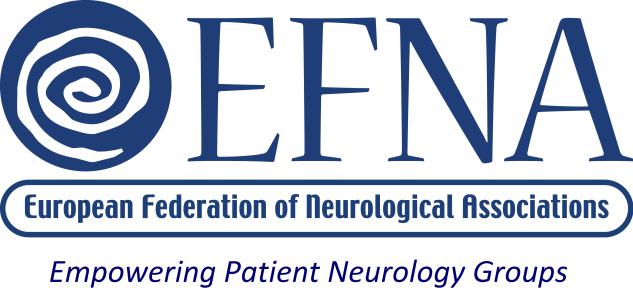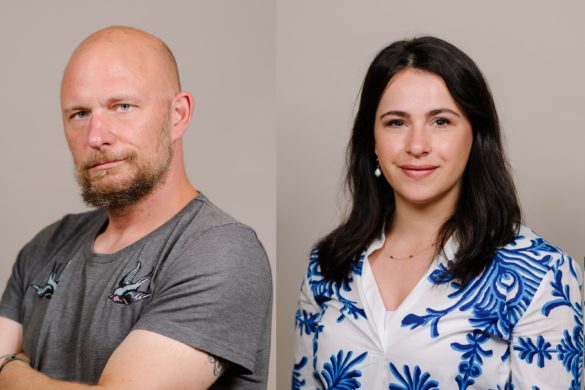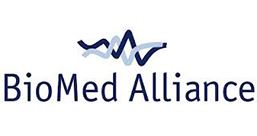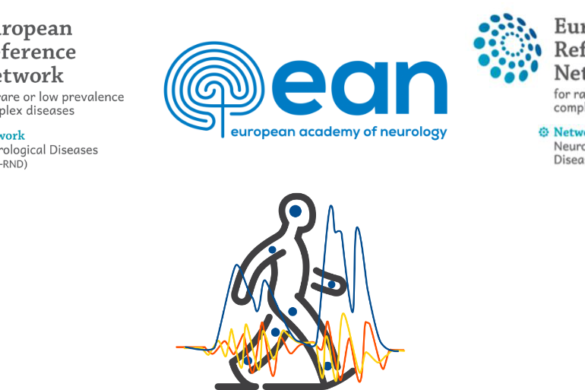by Jan Kuks
The European Academy of Neurology facilitates collaboration in fields of science, health care and education within Neurope. On the other hand, the Section of Neurology (European Board of Neurology, EBN), being part of the Union of European Medical Specialists (UEMS), promotes the highest level of neurological patient care by upholding professional and ethical status of the neurological specialist. EAN and EBN are joining their forces to achieve optimal education during the training of young specialists (EBN) and continuous medical education for all neurologists later on (EAN).
Assessment is an integral part of a training programme and a logical step to achieve harmonisation in the training of a neurologist is to develop a European exam for neurology. Such an examination is primarily intended to test young neurologists at the end of their training but could also serve other participants for self-assessment as part of reflective practice, and in order to inform their own continuous medical education needs. Continent-wide examinations have been standard practice in the United States for many years, and Europe should aspire to this, too.
Several medical specialties already provide Europe-wide yearly exams taken by thousands of candidates, setting a harmonised level for their young specialists, thus contributing to high quality care in this field across Europe and facilitating migration for professionals who wish to move within Europe. Although such European examinations do not currently have a legal status, increasing national authorities are recognising some of them as equivalent to, or in place of national test.
Countries that do not have an exit examination of their own may use this assessment to test the quality of their candidate specialists, other countries, actually having such an exam, may compare their standards with the European ones. All countries receiving immigrant-doctors will obtain a European guarantee, with incoming specialists having passed a European Board Exam.
The EBN has provided annual exams for young neurologists since 2009. As is usual in other European specialty sections, those who pass their tests successfully become a ‘Fellow of the European Board of Neurology’. This indicates their readiness to be a neurologist beyond the borders of their own country and, of course, their distinction having done the EBN-exam.
Exam-questions and clinical assessment tasks are constructed by neurologists from all over Europe, with important input and support from the EAN, including European Guidelines and learning resources, leading to a level and variety of topics that cannot easily be reached within the borders of one nation. The refreshed Core Curriculum for Neurology (Neuropenews October 1st 2013) defines the composition of the test-procedure.
The validation of an exam is determined by the contents but also by the level as set by the participants. Therefore, to get a real European test, it is not only essential to get questions and assignments for all over Europe, but also to have as many candidates as possible from as many European countries as possible.
By now, we do not approximate the number of candidates taking exams in anaesthesiology or ophthalmology. The number of neurology-candidates in Istanbul last year amounted to 60, not more than 60% of these being participants from European countries (Neuropenews June 3rd 2014). To surpass these figures, we want to promote our examination in Berlin as much as possible.
Several national neurological societies in Europe encourage young neurologists to take the exam, including in some instances supporting their candidates financially to participate in the EBN-Examination. This deserves to be imitated by other countries, also by those who do have yet their own standards and their own exams.
We do not like to test knowledge of our candidates just for the very moment of their exam but we want to offer them the opportunity to answer questions in the setting they are used to, with their own reference books or papers and to test handling knowledge rather than just retrieval of facts from memory. Furthermore competencies other than just knowledge in the field of Neurology but also other competencies as discussing public health or ethical issues and mastering science methodology, will form part of the test-procedure. Part of the exam can be prepared at home ‘to spread the risk’ and to increase the reliability. We feel, this makes the EBN-Exam to a unique procedure on a high international level.
Details on the 7th European Board Examination in Neurology, to be held at the next EAN-congress in Berlin can be found on our website www.uems-neuroboard.org, we would be keen to welcome you there.
Neurologists, your country needs your broadened horizons!
Neuropeans, we need your country!
Jan Kuks is Chair of the UEMS-EBN Examination-Committee and works at the Department of Neurology, University Medical Centre in Groningen, the Netherlands










